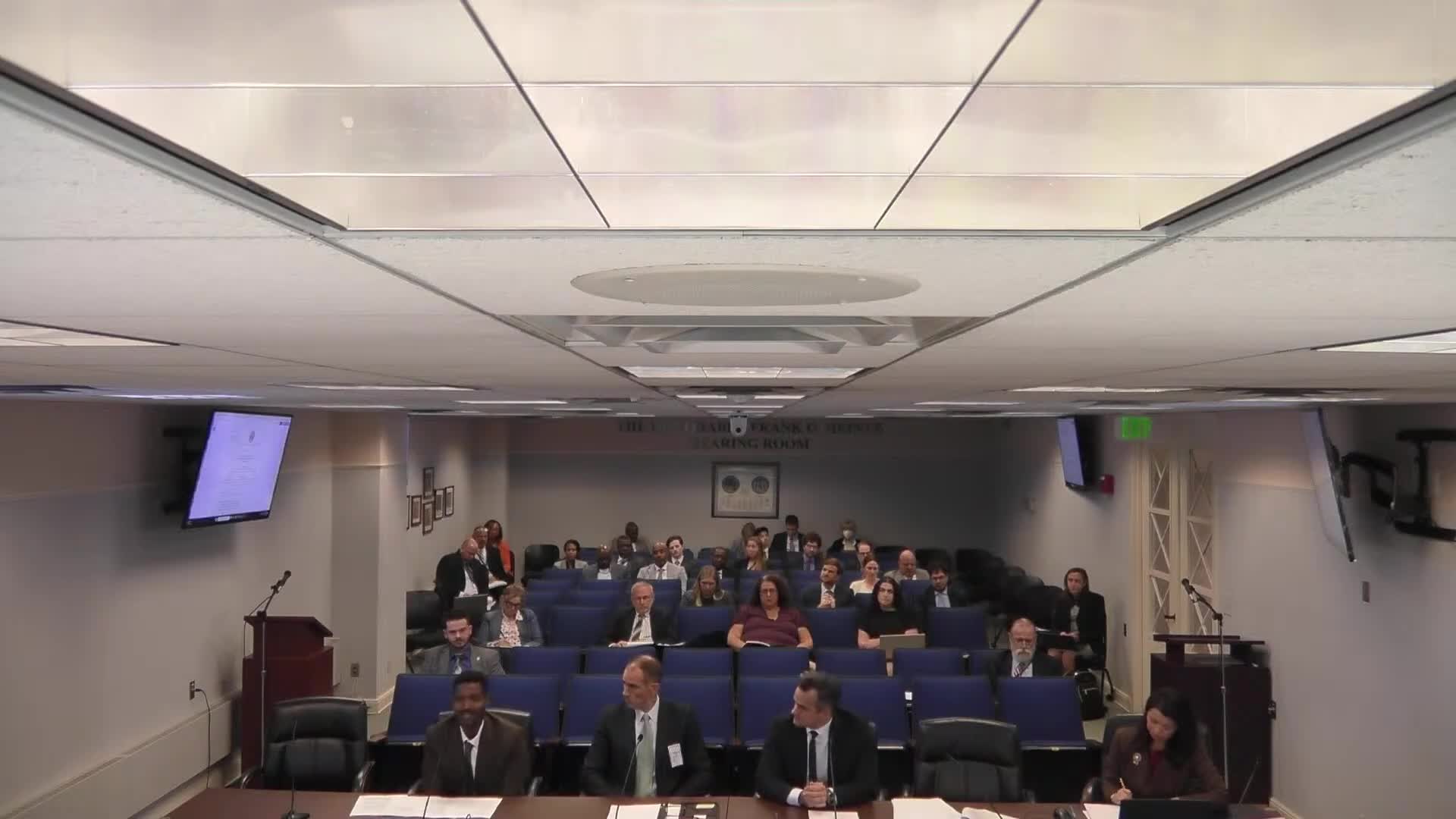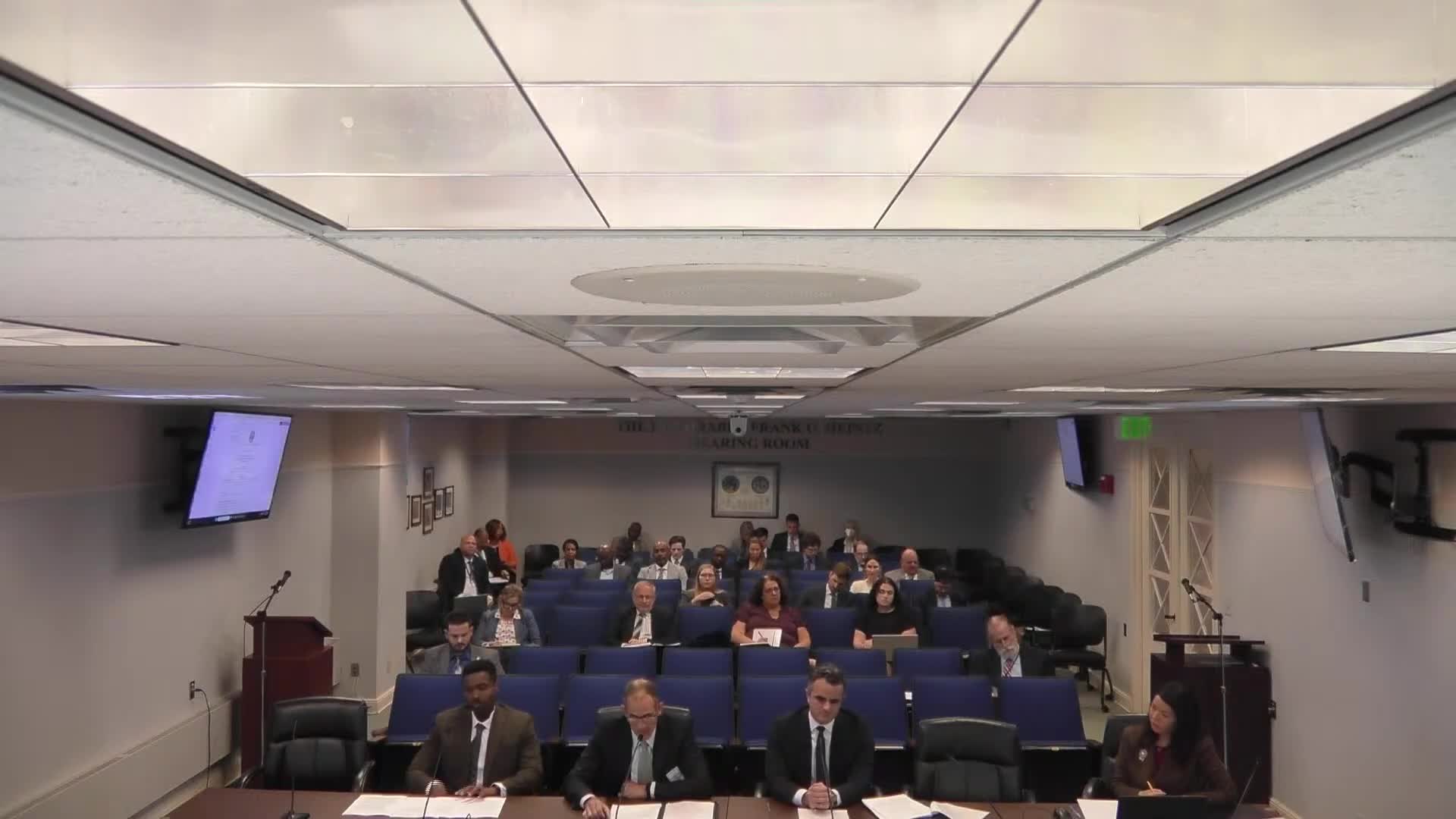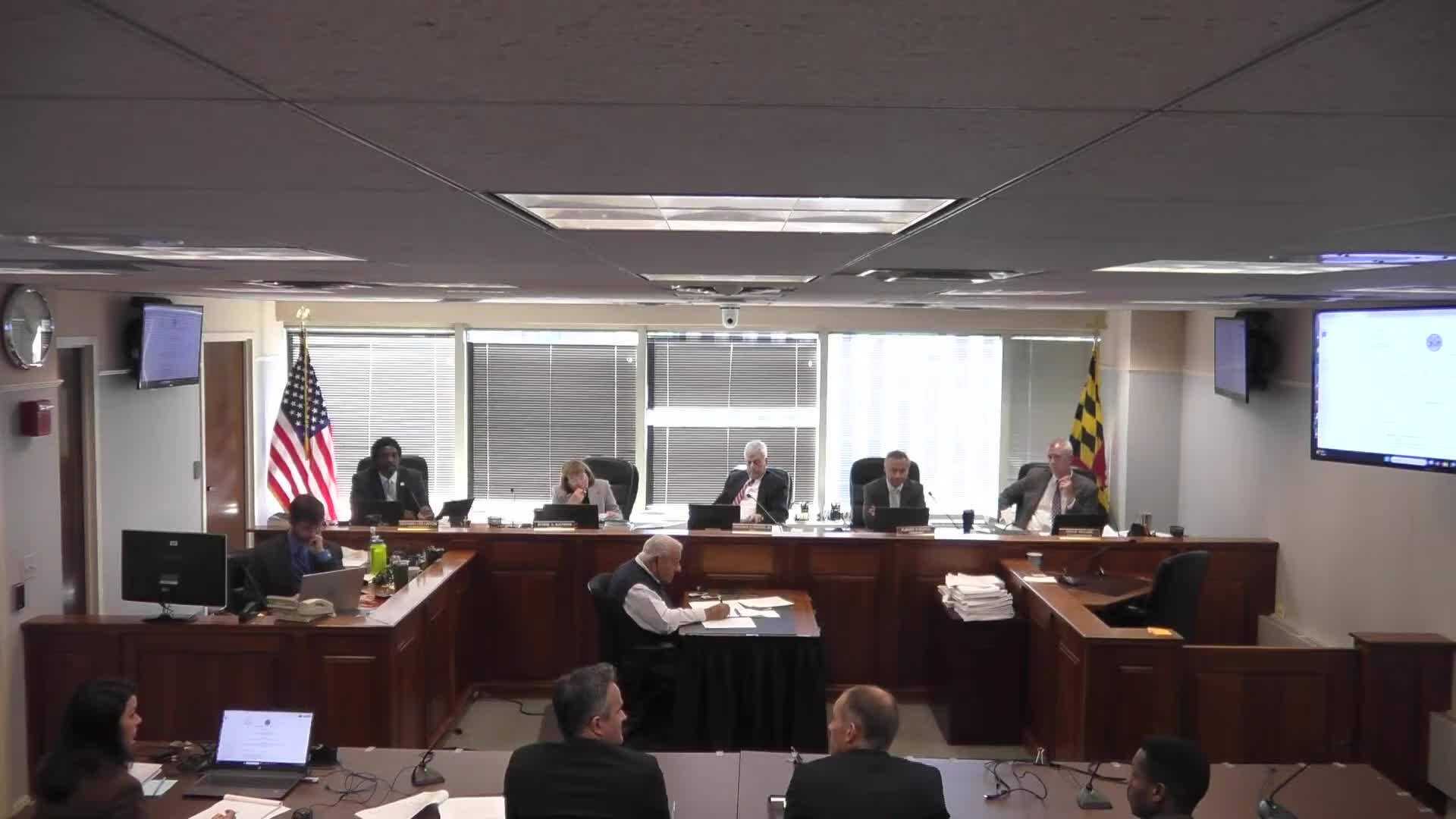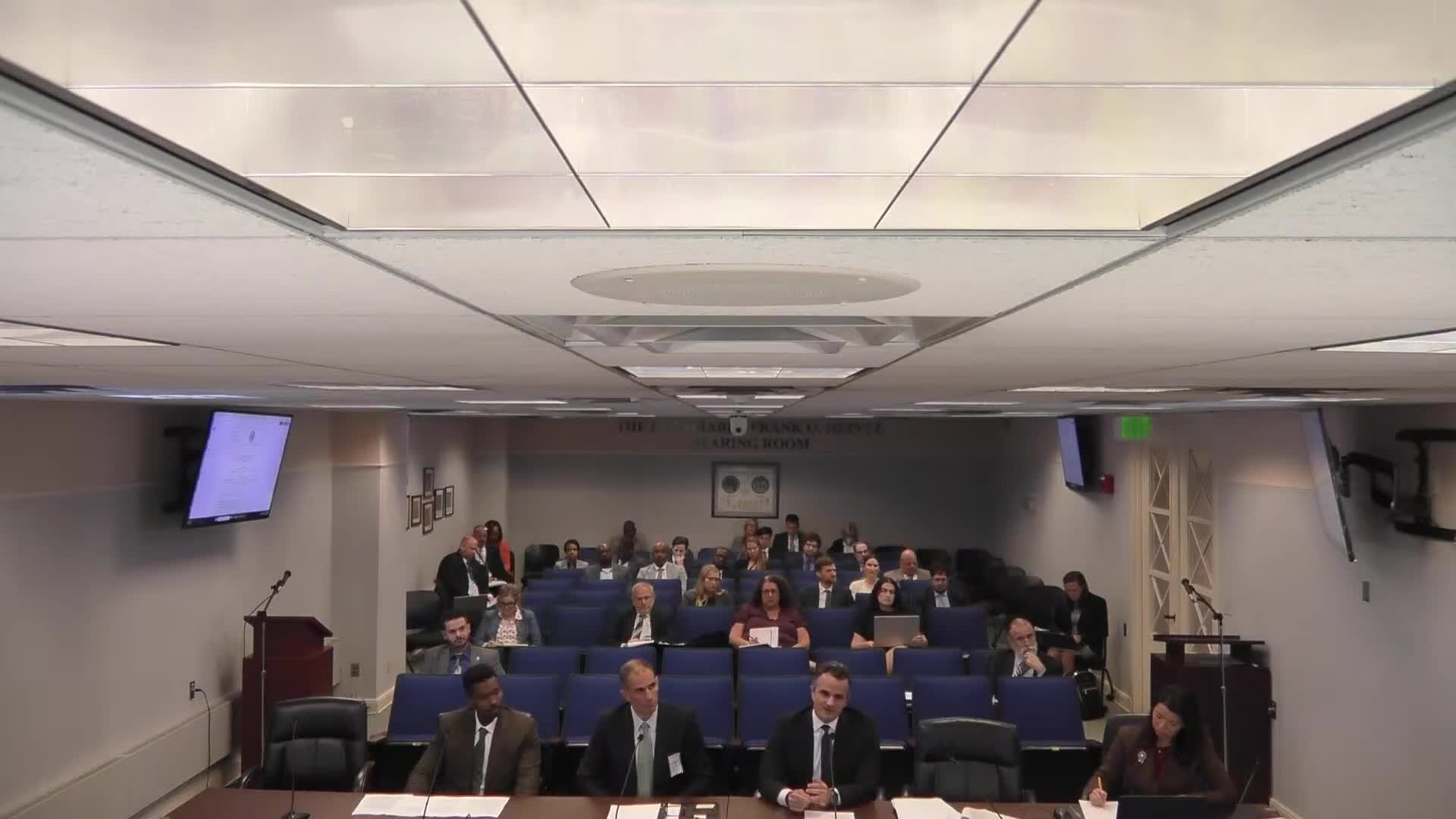Article not found
This article is no longer available. But don't worry—we've gathered other articles that discuss the same topic.

Solar developers press PSC to enforce interconnection timelines and expand flexible interconnection after HR1

Developers ask PSC to remove SOID prerequisite so community solar projects can enter interconnection queue sooner

State officials and MEA warn hundreds of Maryland community solar projects and grants are at risk under HR1

